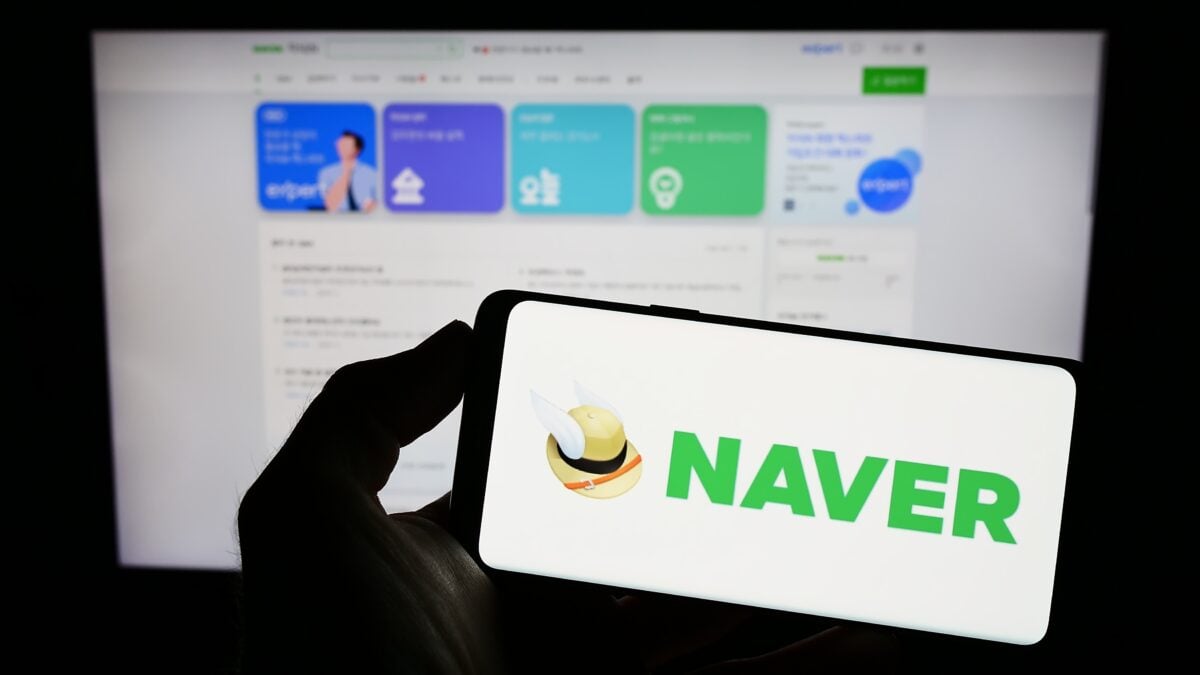TLDRs;
- Naver launches AI summaries to make search faster, more relevant, and personalized for users.
- AI-generated overviews offer both brief and detailed results to improve content discovery.
- Publishers must optimize content for Naver AI, focusing on intent, freshness, and clarity.
- Adoption metrics and revenue impact of AI search features remain unclear for now.
South Korea’s tech giant Naver is taking a significant leap in search technology, unveiling AI-powered summaries designed to make search results faster, smarter, and more personalized for users.
Since August, Naver has been rolling out a series of AI-driven improvements to its search engine. These updates are particularly focused on the entertainment, sports, and gaming sectors, where user engagement tends to be high. By leveraging AI, Naver aims to provide results that are not only more relevant but also tailored to individual search behaviors.
The AI system interprets search intent, content freshness, and user interest in real time, dynamically adjusting the order and layout of results. This allows users to quickly access information most pertinent to their queries, potentially transforming how millions of South Koreans interact with Naver daily.
Personalized Summaries and Recommendations
A standout feature of Naver’s update is its AI-generated summaries. For each search, the engine now offers both brief overviews and more detailed breakdowns, helping users find key information faster without navigating through multiple pages. The summaries are designed to be concise but informative, reflecting the most relevant parts of the content.
Alongside summaries, Naver is testing keyword suggestion tools and personalized recommendations based on search history and interests.
Users who engage with certain event banners in search results through October 29 can also earn Naver Pay points, creating an interactive incentive to explore the new features.
SEO Implications for Publishers
The AI-driven changes at Naver also have significant implications for publishers, content creators, and SEO agencies.
With search results now adapting in real time to factors like intent and freshness, creators need to optimize content for AI visibility, rather than relying solely on traditional keyword strategies. Structuring content for clarity and summary-readiness will become crucial, especially for entertainment, sports, and gaming verticals where Naver is actively enhancing AI features.
Publishers can take cues from global practices like Google’s featured snippets to align with Naver’s AI blocks. SEO tools and agencies may also develop “Answer Engine Optimization” strategies specifically for Naver, focusing on structured data, authority signals, and content recency.
Unclear Impact on Metrics and Adoption
Despite the sophistication of these AI updates, Naver has yet to provide clear metrics regarding adoption and overall effectiveness. While CEO Choi Soo-yeon noted that AI Briefing increased “business queries, user visits, and time spent online” in Q2, the company has not disclosed penetration rates or quantified gains in revenue attributable to AI search features.
Furthermore, measured improvements in click-through rates or dwell times are still pending, leaving the concrete benefits for both users and advertisers somewhat ambiguous. Naver plans to continue testing new features through 2026, including a dedicated “AI Tab,” signaling that the search overhaul is very much an ongoing experiment.







